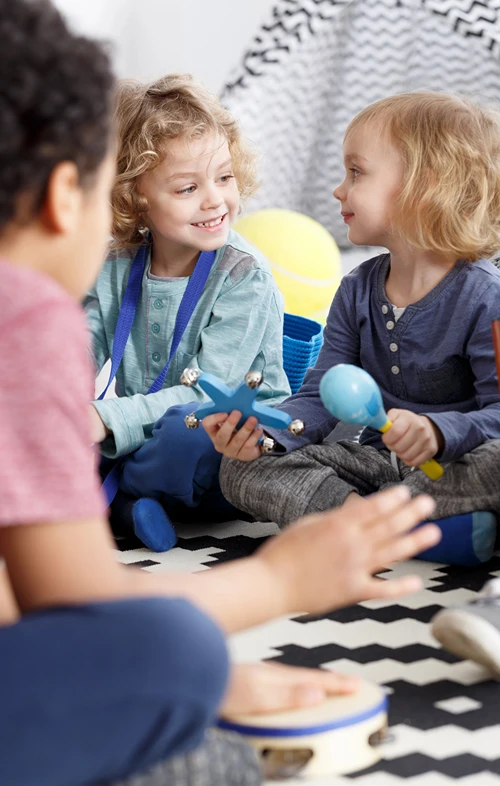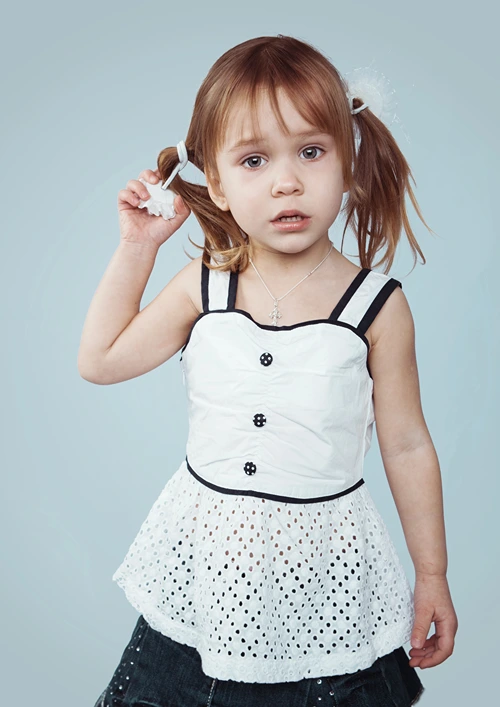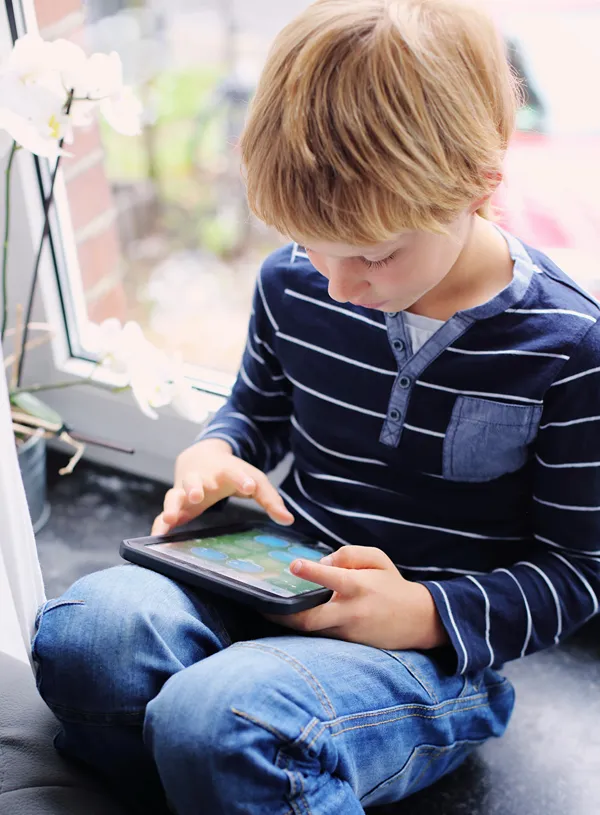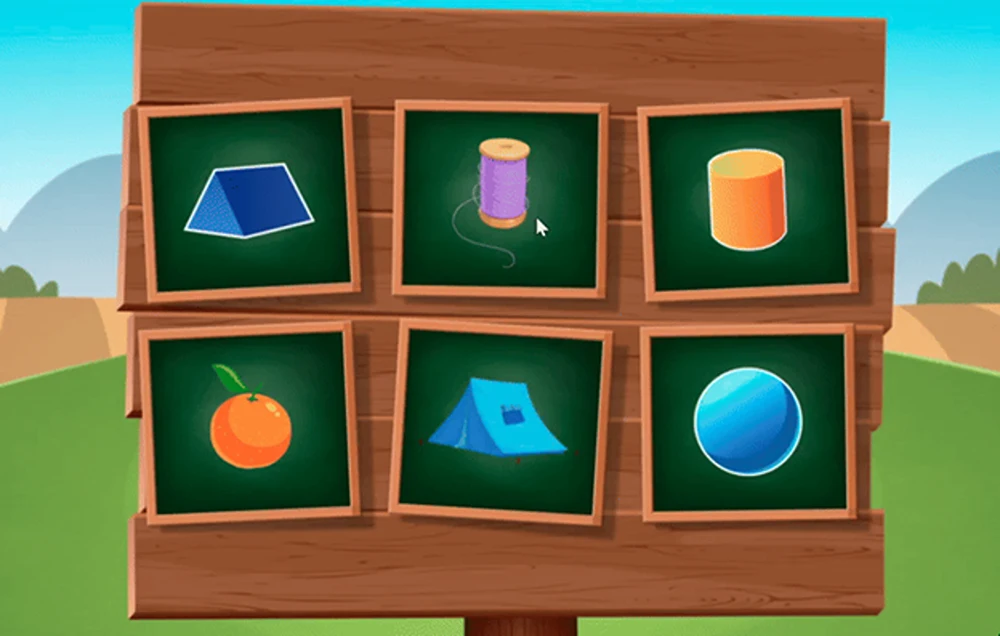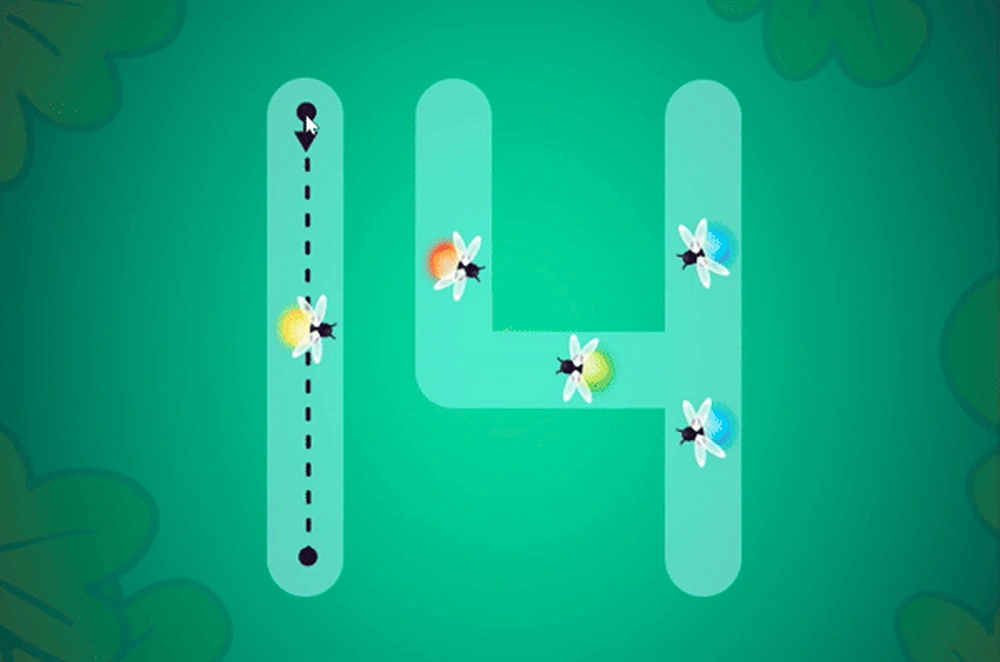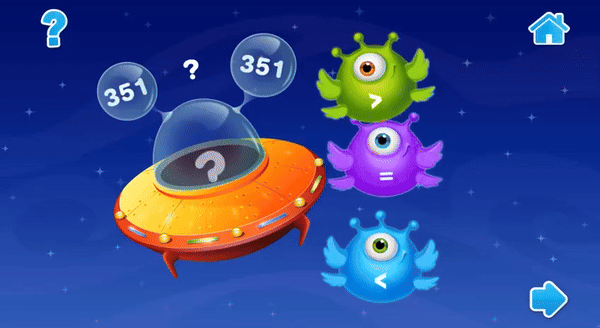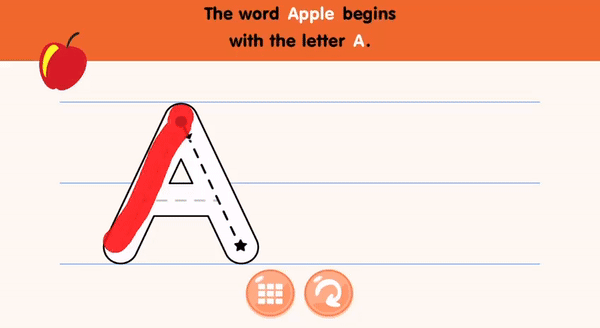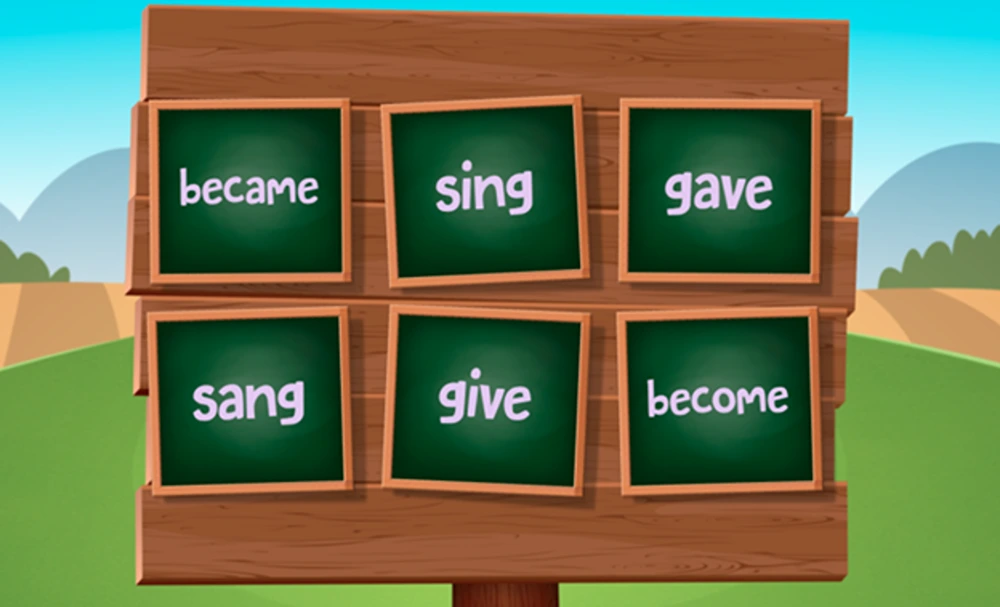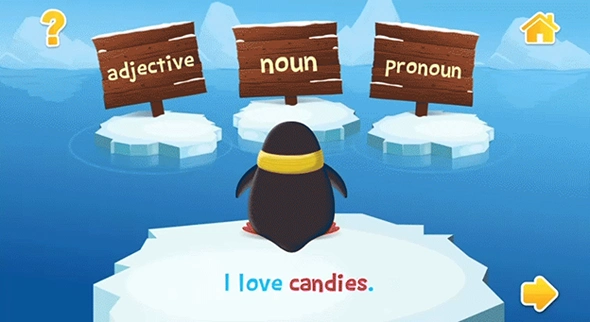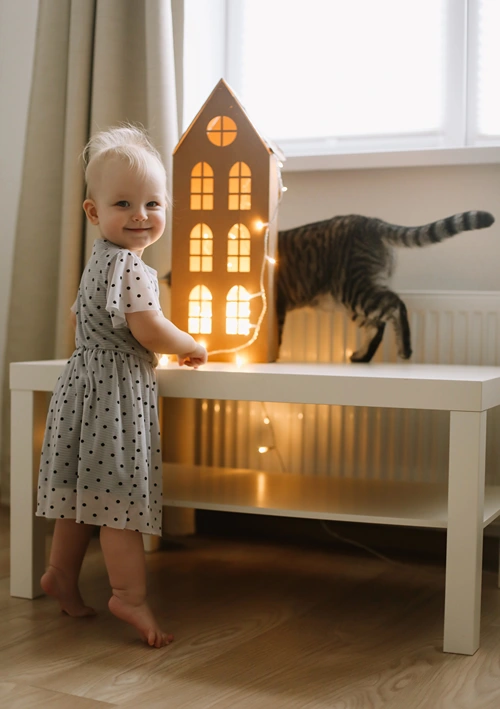Montessori Daycare: Nurturing Independent and Creative Learners
Montessori daycares offer a distinctive approach to early childhood education that focuses on fostering independence, curiosity, and a love of learning in young children. This educational philosophy, created by Dr. Maria Montessori, emphasizes child-led learning through carefully prepared environments that are rich in opportunities for sensory exploration and practical life skills.
Montessori daycares stand out by tailoring their programs to meet the developmental needs of each child, encouraging self-paced growth and focusing on holistic development in a nurturing setting.
Parents considering daycare options often find Montessori programs appealing due to their emphasis on personal development and respect for each child’s unique capabilities. These centres provide a supportive atmosphere where children learn through play and interaction, guided by trained educators who observe and facilitate rather than direct. This approach nurtures children’s innate desire to explore the world around them and builds a strong foundation for lifelong learning.
In many communities across Canada, families have access to such Montessori programs, ranging from toddler care to preschool and even special summer camps. These programs typically cater to children from 14 months to five years, offering activities designed to cultivate social, emotional, physical, and cognitive skills. By choosing a Montessori daycare, parents can give their children an educational experience that focuses on developing critical thinking, independence, and confidence, preparing them well for their future educational journey.
Understanding Montessori-Based Daycare Centres
Montessori daycare centres blend care with educational approaches by focusing on fostering independence, practical skills, and individual growth. This framework offers an alternative to traditional daycare by allowing children to learn through self-guided exploration within a nurturing environment.
Self-Directed Learning and Exploration
In a Montessori daycare, children are encouraged to participate in self-directed learning. Rather than following a fixed curriculum, children choose activities that interest them, facilitating a natural learning process. Educators serve as guides, offering support and resources while allowing children the freedom to explore. This approach cultivates intrinsic motivation, helping children to engage deeply with subjects they are passionate about.
Activities are often hands-on, promoting sensory engagement and critical thinking skills. The environment is designed to provoke curiosity, with materials and tools tailored to different developmental stages. By navigating tasks at their own pace, children develop problem-solving skills and learn to manage their learning processes.
Respect For a Child’s Unique Developmental Pace
A core tenet of Montessori daycare is acknowledging that each child grows at their own speed. The Montessori method respects individual timelines, offering a personalised approach to foster growth. Teachers observe and assess developmental stages, allowing children to master skills like language or motor abilities when they are developmentally ready.
This emphasis on individual pace promotes confidence and reduces stress, removing the pressure to meet arbitrary educational standards. By focusing on personal achievements, children build self-esteem and resilience. Educators act as facilitators, adapting teaching strategies and environments to accommodate varied learning styles and ensure that each child’s needs are met.
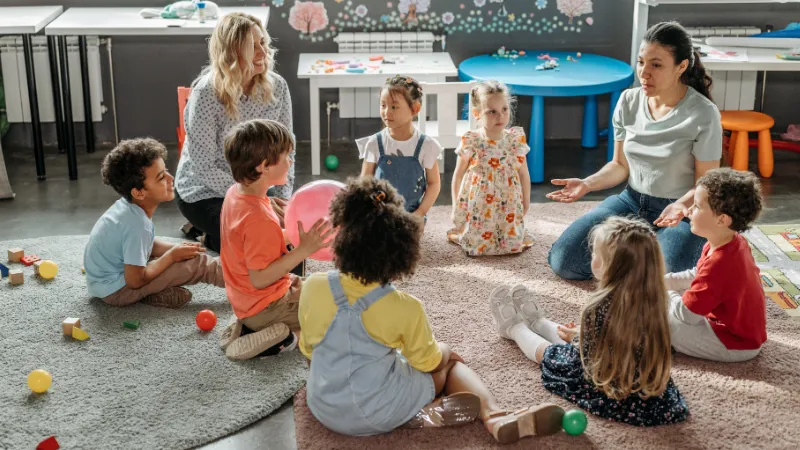
Focus On Practical Life Skills and Independence
Montessori daycare settings prioritize the development of practical life skills to encourage independence. Activities include everyday tasks such as dressing, cleaning, and food preparation, which children perform with guidance. These tasks help develop fine motor skills and teach responsibility and self-care.
Children learn the importance of order and discipline through routine activities, and they are encouraged to take initiative in their daily interactions. Educators provide tools and environments that are accessible to children, allowing them to perform tasks independently. This focus on practical skills not only prepares children for future learning experiences but also instils a sense of accomplishment and self-reliance.
Benefits Of Montessori Daycare for Early Childhood Development
Montessori daycare plays a crucial role in early childhood development by focusing on essential aspects such as social, emotional, and cognitive growth. It provides children with a supportive environment that encourages independence and fosters a love for learning.
Social And Emotional Growth
Montessori daycare environments are designed to enhance social and emotional skills. Children interact with peers of various ages, facilitating cooperation and empathy. This multi-age interaction enables them to learn from each other, fostering a sense of community.
The classroom setup encourages children to engage in activities that promote emotional resilience. They develop a strong sense of self-awareness and adaptability. Emotional well-being is nurtured through practices that empower children to express their feelings openly. Educators guide them in resolving conflicts, ensuring they learn valuable interpersonal skills.
By focusing on emotional intelligence and social interactions, Montessori daycare supports the development of confident and empathetic individuals. These skills form the foundation for healthy relationships and successful communication throughout life.
Cognitive And Academic Development
Montessori daycare prioritizes cognitive growth through a structured yet flexible learning environment. Children engage in self-directed activities that stimulate curiosity and critical thinking. Materials are specifically designed to challenge young minds, encouraging problem-solving and exploration.
Academic development in Montessori involves an integrated approach to learning. Children progress at their own pace, revisiting concepts to reinforce understanding. Montessori educators tailor learning experiences to each child’s needs, ensuring a solid grasp of fundamental skills.
The emphasis on hands-on learning and discovery promotes a genuine interest in acquiring knowledge. Montessori daycare fosters a love for learning that benefits children academically, preparing them for future challenges. They develop essential skills such as concentration, memory, and logical reasoning.
Fostering Independence
Independence is a cornerstone of Montessori daycare. Children are encouraged to make choices and take responsibility for their actions from an early age. This empowerment helps them build self-confidence and personal agency.
Montessori environments support autonomy by offering age-appropriate tasks that children can complete independently. These tasks range from simple daily routines to complex problem-solving activities, gradually increasing in complexity as the child grows.
Encouraging independence extends to decision-making, where children select activities aligned with their interests. This autonomy nurtures a sense of ownership over their learning journey. Montessori educators facilitate this growth by providing guidance without dictating, allowing children to develop intrinsic motivation.
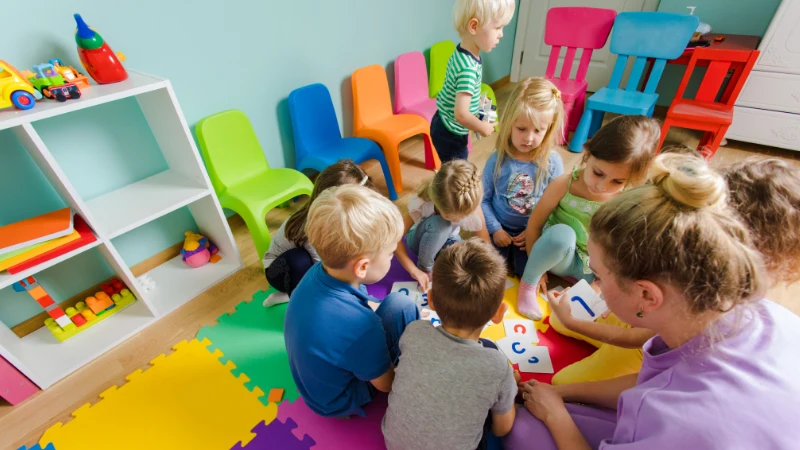
Practical Tips for Choosing a Montessori Daycare
Selecting a Montessori daycare involves careful consideration of several crucial aspects. Parents should focus on the institution’s accreditation, the environment within the facility, teacher interactions with children, and the responsiveness to parental inquiries to ensure a nurturing learning space.
Research Montessori Daycare Accreditation
Accreditation is fundamental when choosing a Montessori daycare. It signifies that the daycare meets specific educational standards. Parents should look for accreditation from reputable Montessori organizations like the First Academy Montessori.
Accreditation includes an evaluation of teaching methods, curriculum, and classroom environment. These evaluations ensure that the daycare adheres to Montessori principles. Without proper accreditation, a daycare’s adherence to Montessori methodologies may be inconsistent. This could affect the quality of education and care your child receives. It’s also helpful to inquire about the renewal status of the accreditation, as this reflects a commitment to maintaining high standards.
Visit The Montessori Daycare Facility
Visiting the daycare facility allows parents to assess the environment firsthand. A Montessori daycare should have a calm, inviting atmosphere with well-organized spaces that promote learning and independence.
During the visit, observe the layout of the classrooms and the type of materials available. Classrooms should be equipped with various Montessori materials and be designed to cater to the children’s developmental needs. The abundance and accessibility of these learning tools are critical for fostering self-directed exploration. Pay attention to safety features as well, such as secured play areas and clean, hygienic facilities.
Observe Montessori Daycare Teachers
Teachers play a pivotal role in a Montessori daycare by guiding children through their learning journey. Observe how teachers interact with the children. They should act as facilitators rather than traditional authoritative figures. This approach supports the Montessori philosophy of fostering autonomy and self-directed learning.
The qualifications and training of the teachers are also important. They should be certified in Montessori education and demonstrate a genuine understanding of child development. Take note of how they handle different scenarios, including conflict resolution and promoting social skills among children. Their demeanour should be patient, compassionate, and attentive to each child’s needs.
Ask Questions About Daycare Practices
Asking questions is crucial to gauge whether the daycare aligns with your expectations. Inquire about the daily routine and how it incorporates Montessori principles. Understand the balance between structured activities and free exploration.
Questions about teacher-child ratios, disciplinary policies, and methods of parent-teacher communication can provide insight into the overall operation of the daycare. It’s essential to ask how the daycare integrates activities such as outdoor play and creative arts, which are integral to a well-rounded Montessori experience. Clear and comprehensive responses will help determine if the daycare is a suitable fit for your child’s growth.
Frequently Asked Questions About Montessori Daycare Programs
Montessori daycare programs offer a unique approach to early childhood education. These programs emphasize a child-centric philosophy that is distinct from conventional daycare settings. They focus on fostering independence, respect, and a love for learning in young children. By enrolling at an early age, children can develop essential life skills and cognitive abilities in a nurturing and prepared environment.
What distinguishes Montessori daycare from traditional daycare settings?
Montessori daycare settings are based on specific educational philosophies developed by Maria Montessori. They emphasize self-directed learning, mixed-age classrooms, and hands-on learning with specially designed materials. Unlike traditional daycares, Montessori environments encourage children to explore and learn at their own pace while teachers, often referred to as guides, facilitate the learning process rather than lead it.
At what age is it most beneficial for children to begin Montessori daycare?
Children can benefit from starting Montessori daycare as early as 15 to 18 months. These early years are crucial for cognitive development and independence. By beginning in a Montessori setting at this young age, children have the opportunity to develop foundational skills such as decision-making and problem-solving in an environment tailored to their developmental needs.
What are the core principles of the Montessori theory of childcare?
Montessori childcare is guided by the principles of independence, respect for the child, and a prepared environment. This approach focuses on nurturing the natural curiosity and intrinsic motivation of children. The learning spaces are carefully designed to encourage exploration and development at a child’s own pace, allowing them to choose activities aligned with their interests and capabilities.

